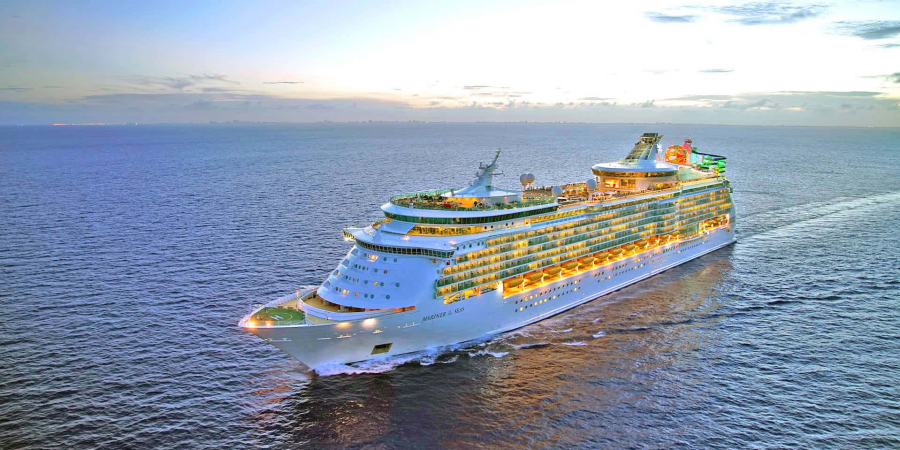

The history of ships is a fascinating journey through time, reflecting human innovation, exploration, and cultural exchange. Here are some key milestones and developments in the history of ships:
Ancient Times
1. Early Rafts and Canoes: The earliest watercraft were simple rafts and dugout canoes made from hollowed logs. These were used by ancient peoples for fishing and short-distance travel.
2. Egyptian Boats: Around 3000 BCE, the ancient Egyptians built ships using reeds and later wooden planks, primarily for navigating the Nile River. The famous Khufu ship, dating back to 2500 BCE, is an example of their advanced shipbuilding techniques.
3. Phoenician Ships: The Phoenicians, around 1200-800 BCE, were master shipbuilders and traders. They developed the bireme and later the trireme, which had multiple rows of oarsmen and were used for both trade and warfare.
Classical and Medieval Periods
4. Greek and Roman Ships: The Greeks and Romans further advanced ship design, with the Greeks developing larger triremes and the Romans building cargo ships capable of transporting goods across the Mediterranean.
5. Viking Longships: In the Viking Age (circa 793-1066 CE), Norsemen built longships with a distinctive, sleek design that allowed for both sea voyages and river navigation. These ships were crucial for their raids, trade, and exploration.
6. Medieval Cog and Caravel: The cog, used around the 10th century, was a sturdy vessel suited for the rough North Sea. The caravel, developed by the Portuguese in the 15th century, was instrumental in the Age of Exploration due to its ability to sail against the wind.
Age of Exploration and Sailing Ships
7. Carrack and Galleon: During the 15th and 16th centuries, the carrack and later the galleon became prominent. These large, multi-deck ships were used by European powers for long voyages, exploration, and naval dominance. Notable examples include Columbus's Santa Maria and the Spanish galleons.
8. Clipper Ships: In the 19th century, clippers were designed for speed, making them ideal for transporting tea from China and gold rush immigrants to California and Australia. The Cutty Sark is a famous example.
Modern Era
9. Steamships: The advent of steam power in the early 19th century revolutionized shipping. Steamships, such as the SS Great Britain and the RMS Titanic, could travel faster and were less dependent on wind.
10. Military and Commercial Ships: The 20th century saw the development of powerful battleships, aircraft carriers, and submarines, transforming naval warfare. Commercially, container ships revolutionized global trade by making it more efficient to transport goods worldwide.
11. Contemporary Ships: Today, ships are highly specialized, from massive oil tankers and container ships to luxury cruise liners and advanced naval vessels. Innovations in materials, navigation technology, and environmental regulations continue to shape the industry.
Notable Ships in History
Mayflower: The ship that carried the Pilgrims to North America in 1620.
HMS Victory: Admiral Nelson's flagship at the Battle of Trafalgar in 1805.
RMS Titanic: The famous British passenger liner that sank on its maiden voyage in 1912.
USS Enterprise (CV-6): One of the most decorated US Navy ships in World War II.
The history of ships mirrors humanity's quest to explore, trade, and connect with the world, showcasing the evolution of technology and the enduring spirit of adventure.


